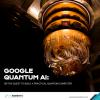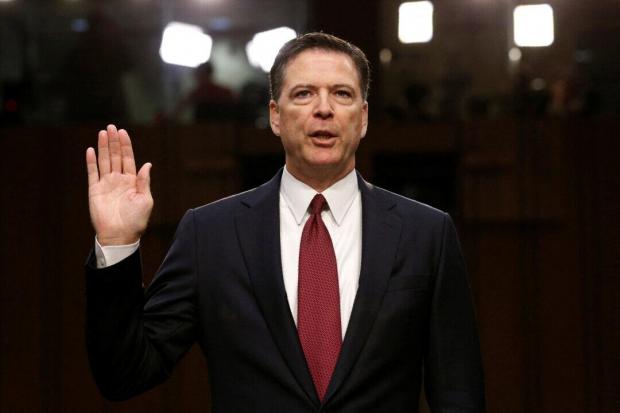
Breaking News
 BREAKING: Secret Study Conducted By Henry Ford Health Conclusively Proves...
BREAKING: Secret Study Conducted By Henry Ford Health Conclusively Proves...
Discovering Gems of Understanding
 Trump's Corporate Favor Factory
Trump's Corporate Favor Factory
 Google Quantum Supremacy And Artificial Intelligence
Google Quantum Supremacy And Artificial Intelligence
Top Tech News
 Graphene Dream Becomes a Reality as Miracle Material Enters Production for Better Chips, Batteries
Graphene Dream Becomes a Reality as Miracle Material Enters Production for Better Chips, Batteries
 Virtual Fencing May Allow Thousands More Cattle to Be Ranched on Land Rather Than in Barns
Virtual Fencing May Allow Thousands More Cattle to Be Ranched on Land Rather Than in Barns
 Prominent Personalities Sign Letter Seeking Ban On 'Development Of Superintelligence'
Prominent Personalities Sign Letter Seeking Ban On 'Development Of Superintelligence'
 Why 'Mirror Life' Is Causing Some Genetic Scientists To Freak Out
Why 'Mirror Life' Is Causing Some Genetic Scientists To Freak Out
 Retina e-paper promises screens 'visually indistinguishable from reality'
Retina e-paper promises screens 'visually indistinguishable from reality'
 Scientists baffled as interstellar visitor appears to reverse thrust before vanishing behind the sun
Scientists baffled as interstellar visitor appears to reverse thrust before vanishing behind the sun
 Future of Satellite of Direct to Cellphone
Future of Satellite of Direct to Cellphone
 Amazon goes nuclear with new modular reactor plant
Amazon goes nuclear with new modular reactor plant
 China Is Making 800-Mile EV Batteries. Here's Why America Can't Have Them
China Is Making 800-Mile EV Batteries. Here's Why America Can't Have Them
Ex-FBI Chief James Comey Seeks Dismissal of Indictment

In a motion filed, Comey's lawyers argued that Sen. Ted Cruz's (R-Texas) questions could not form the basis for his indictment because they were "fundamentally ambiguous" and that Comey's answers to his questions were "literally true" and therefore cannot sustain a conviction.
His lawyers argued that the questions posed by Cruz, which prompted Comey's alleged false testimony during the Senate Judiciary Committee in 2020, were lengthy and confusing, according to the legal filing.
"Specifically, after speaking for more than a minute, Senator Ted Cruz asked Mr. Comey to recall statements he had made three years earlier and to simultaneously address statements that Senator Cruz incorrectly claimed were made by Andrew McCabe, the former Deputy Director of the Federal Bureau of Investigation (FBI)," the motion stated.
"In doing so, Senator Cruz never indicated that he wanted Mr. Comey to address the statements or activities of any person except for McCabe."
Comey's lawyers argued that while the government has the authority to prosecute witnesses who misled investigators by giving materially false answers to clear questions, it cannot "create confusion by posing an imprecise question and then seek to exploit that confusion by placing an after-the-fact nefarious interpretation on the ensuing benign answer."
"Indeed, basic due process principles in criminal law require that the questioner frame his questions with clarity so that a witness does not have to guess," the lawyers stated in the motion.
"Fundamental to any false statement charge are both clear questions and false answers. Neither exists here."
The Epoch Times has reached out to the Department of Justice (DOJ) for comment, but did not receive a response by publication time.
The DOJ charged Comey in September with one count of making a false statement to Congress and one count of obstruction in a criminal case, which carry potential prison time.
Comey also filed two additional motions on Oct. 20, alleging that the Trump administration brought a vindictive and selective prosecution and relied on an illegally appointed prosecutor.

 China Innovates: Transforming Sand into Paper
China Innovates: Transforming Sand into Paper

